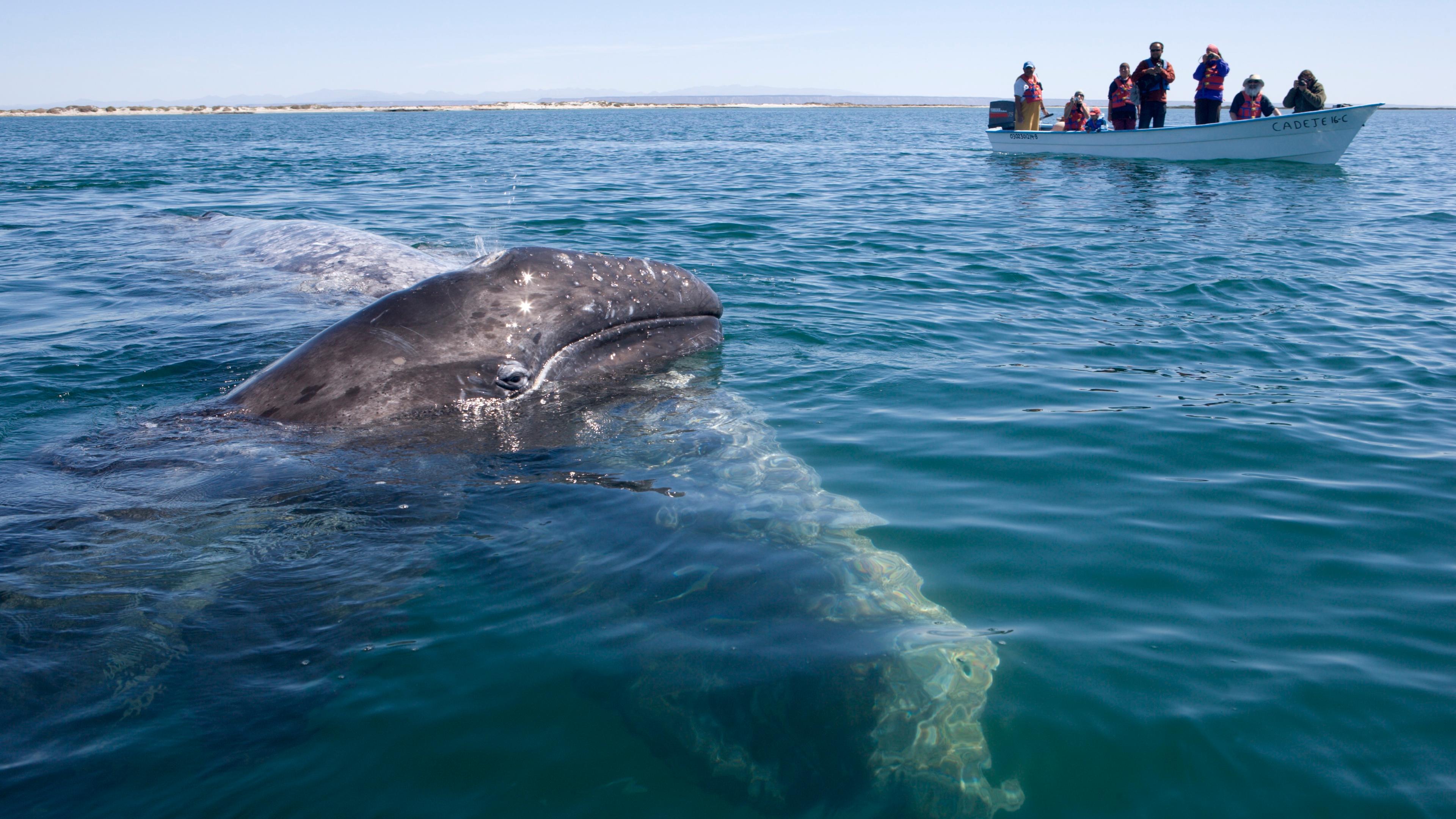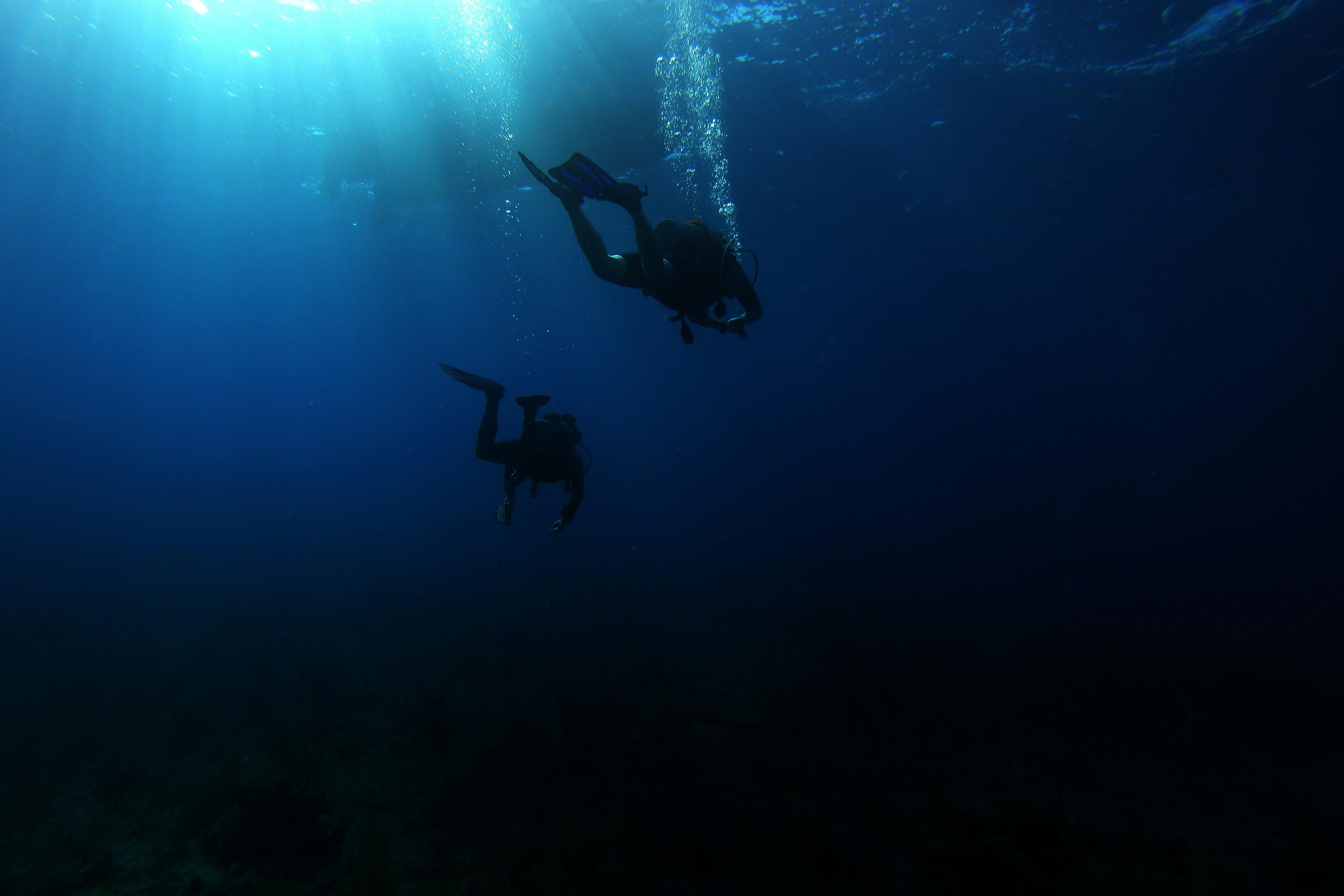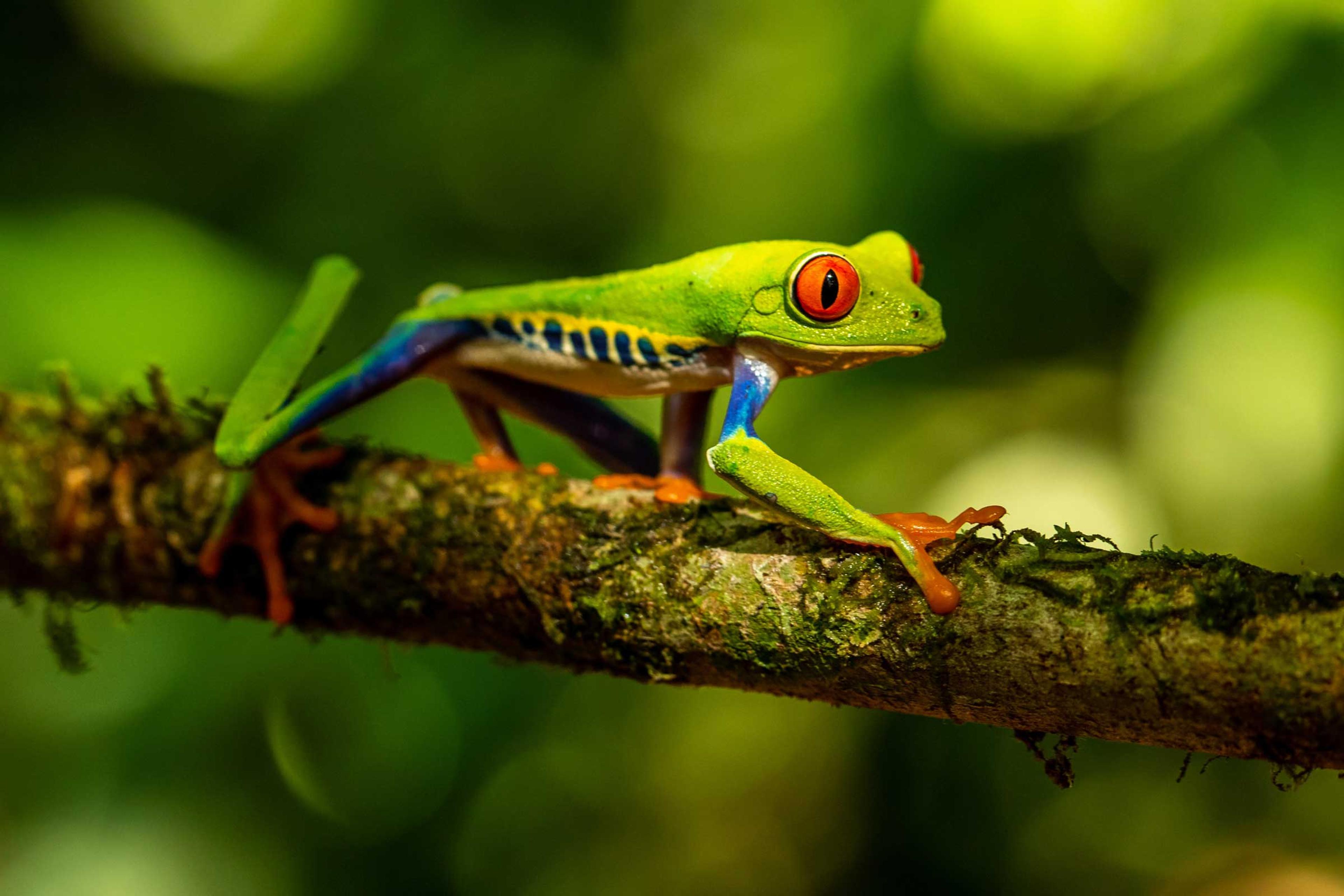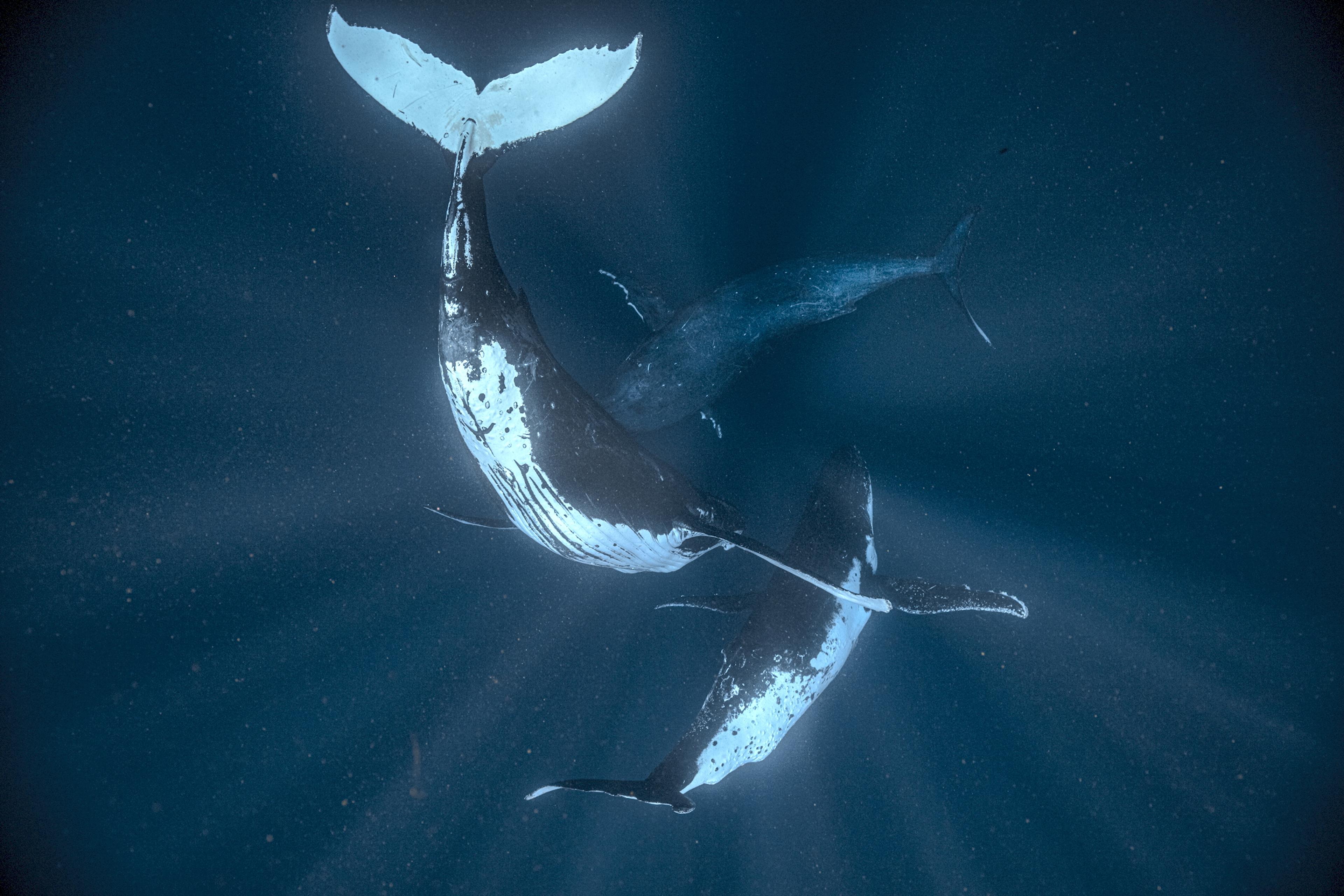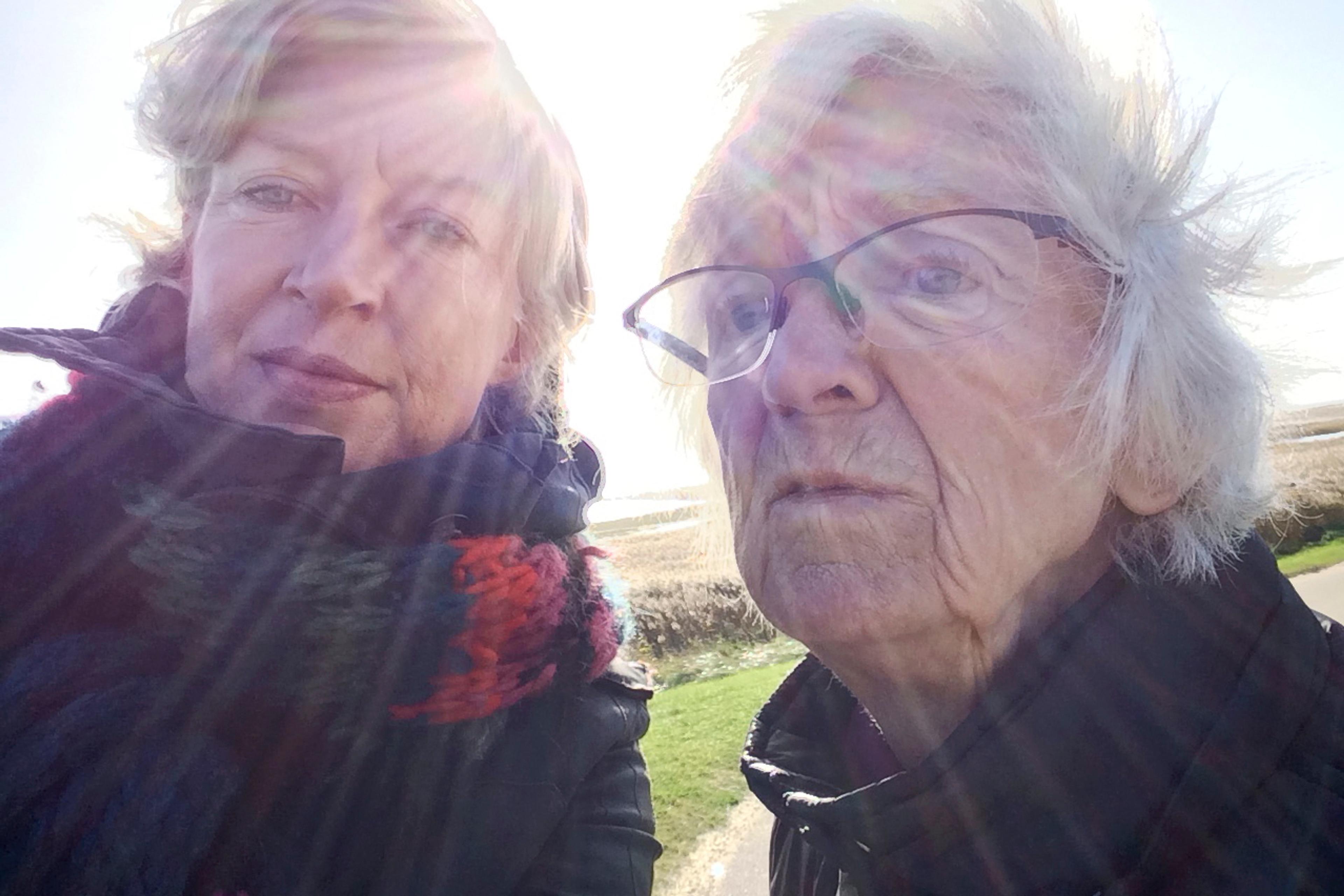I recently found an old notebook with two lines scribbled on the first page:
We’re looking out of the window of the Women’s Refuge at the rain. We can’t go out because I cannot afford to buy shoes.
I don’t remember writing this, 10 years ago now but, flicking through the blank pages that followed, a memory came. My son, six months old, crawling around a park in waterproofs and sopping wet socks, splatting his hands joyfully into puddles, me alongside in flip-flops. In the space between the writing and the memory, I’d concluded that shoes or no shoes, downpour or not, we needed to be outside. Inside the Women’s Refuge, there was no escaping my situation, that of an insolvent single mother. I felt trapped not just by the walls but also by society’s definition of me. Outside, the rain on my skin, we were contained only by the horizon.
I fell short of typical parenting standards, having neither partner nor home. Although I’d worked as a BBC journalist for a decade, my salary was insufficient to cover even the basics. I became a charity case, and moved through a succession of temporary accommodations, to a refuge, then a hostel for single mothers. I did editing jobs while my baby slept, scoured hospice shops for clothes, and used foodbanks.
I will forever be grateful for the support of those charities when I was at my lowest, exhausted by poverty and isolation, traumatised by an ugly breakup and court proceedings. At the hostel, I even had access to a psychotherapist. During one appointment, worried I was going crazy, I whispered that I had eaten my son’s fingernail clipping, after cutting his nails for the first time. Having no-one to share his milestones with, I wanted to ensure I did not forget the moment, him babbling excitedly on my knee, fascinated by the scissors. So I took that first tiny crescent moon and swallowed it whole.
‘Great,’ she said. ‘That’s original, just do whatever works for you.’ Another time, I confessed I’d lied about travelling away for work, saying I was staying with friends locally, in order not to jeopardise my hostel place. Under her unwavering gaze, I became uncomfortable but she said nothing critical, only smiled. Inside, something shifted. Guilt evaporated. She gave me permission to trust myself, to put my family first, to lie for us even.
That night, I ignored my editing work and read online about whales. I watched my favourite David Attenborough clip, where a colossal blue whale emerges next to his tiny boat, then strayed on to an article about the marathon migration of grey whales. The mothers fought off predators, parented and breastfed the calves, all while swimming halfway across the planet from the warm Mexican birthing lagoons to the Arctic feeding grounds. They were endurance incarnate. Mothers and newborns, the article said, could be seen in Baja California from December to April. As I read about them, I felt new strength. It was January. The mothers and babies must already be there, in Baja.
On the phone, on the beach, cupping my hand against the wind, I told an even bigger lie. Max raced barefoot on the sand, squealing as he watched his footprints trailing off behind him.
‘Are you still working, still staff?’ the man in the call centre asked. I was enquiring, ever so casually, about the possibility of a bank loan.
‘Yes,’ I said. He paused. I stopped breathing. He had my account in front of him. It must have been clear I absolutely was not staff any more, was barely working. If I could hold my breath until he spoke it would be a yes, I told myself.
‘That’s all done for you,’ he said.
My horizon was now that of the migrating whales. We would follow them from Mexico to the top of the world, I told Max. They would swim and we would bus, train and boat alongside them. I would relearn from the whales how to mother, how to endure, how to live.
The tour groups call them ‘friendlies’, whales that approach the boats. We were driven through salt flats from the town of Guerrero Negro to the lagoon. Out on the water, the sun burns down on us, on Max’s little hooded head. He’s restless so I softly sing to distract him. ‘Twinkle, twinkle little star.’ ‘Stop,’ he orders, belting out a solo. There’s a sudden, sharp ‘puh’, an explosion of spray. Stinking bottom-of-the-ocean shrimp breath engulfs us. Tiny droplets catch a rainbow. Five feet of whale head erupts from the water and reaches towards the sky. There’s a downward curved mouth as big as a slide, close enough to touch.
‘Aaaah, go away, whale!’ shouts Max.
‘Incroyable!’ a French voice from my right.
‘No teeth, right?’ A hesitant American on the left.
Grey whales are thought to see forward and down, which is useful when skimming prey off the ocean floor. She’s angling her eyes to look at us. Returning her gaze, I feel no fear, only trust. I hold Max up. The dappled grey expanse sinks down.
‘Mummy, Mummy!’
‘I’ve got you.’ He lands a pat and I reach out myself. Her skin is soft to the touch. She rises. I steal a rubbery, salty kiss.
Now the mother’s checked us out, the calf comes close, noses the boat. It back-flops on top of the adult, rides momentarily on her flukes, tail-slaps the water. The splash reaches our grinning, cooing faces.
‘Come here, baby whale, come here, gimme pat,’ calls Max. And yes, you come to him, you answer his call.
Whalers discovered this lagoon in 1857. They called the greys ‘devil fish’ and hunted them to near-extinction. When calves got in the way of the harpooners’ sights and were struck, the mothers showed desperate ferocity. In 1874, Captain Charles Melville Scammon wrote that: ‘the parent animal, in her frenzy, will chase the boats … overturn them with her head, or dash them in pieces with a stroke of her ponderous flukes.’
The ocean was a lonely place for greys while numbers recovered. For decades, fishermen in the lagoons avoided them as they were said to attack boats and overturn kayaks. Then, in 1972, something extraordinary happened. Francisco Mayoral, a local fisherman known as Pachico, was out in his panga looking for grouper. An adult female surfaced alongside. Frightened, Pachico tried to manoeuvre away. But the whale came up repeatedly beside the little boat. Stories differ about what happened next. One says Pachico placed a hand in the water and the whale rubbed up against him. Another says she raised her head and stayed there so long that he reached out and touched her.
Pachico took numerous marine biologists to witness the behaviour. The whales came to him, and to Pachico they were more than friends. ‘The whales, they are my family,’ he explained.
The behavioural biologist Toni Frohoff has described the encounters as ‘collaborative’, showing intelligence and a possibility of intentional communication. This shift from ferociousness to friendliness in the lagoons shows ‘behavioural plasticity’– an ability to adapt, assess threats, take up new opportunities, and learn from others, perhaps even other species. I’ve been learning from the whales, how to relax and play again, to leave my trauma in the past. If they can recover and trust after all they’ve been through, so can I.
We traverse an undersea canyon where predatory orcas lie in wait for the calves. The greys hug the shoreline – shallow waters where orcas can’t follow – and keep their young close. When ambushed, they’ve been observed to roll onto their backs and to hold the babies above water, in between their flippers. Sickened at the thought of Max witnessing an attack on a calf, I sleep with him in the boat’s cabin, placing him similarly on my chest, wrapped in my arms.
Each day on our journey north, I wake knowing whales are on the move too. Following them, eyes on the horizon, nothing can get us, my failures can’t catch up with me. It helps that Max loves buses and trains. ‘Does that say “bus”, Mummy?’ he asks, pointing to the tarmac as we approach a bus stop in Newport, Oregon. It does. Perhaps it’s just a good guess but if he’s learning to read that’s something else I can use against critics of our journey. I remember friends’ concerns about my taking a two-year-old travelling, the lack of routine, a different bed every night. But Max is so content when we’re on the road, just like me.
I can’t out-run exhaustion though. It catches up with me after a 4am start for our bus journey from Newport to Albany station, where we’ve a three-hour wait in the cold before our train to Seattle. What am I doing wasting all this money on such a nonsensical quest? Perhaps I’m not sensible enough to look after a child. Perhaps I’m just running away from responsibility, drudgery and fear for my son’s future in our fast-changing world. I wish I felt less lost, was easier to please, took fewer risks.
Max is engrossed, watching freight trains materialise in yellow out of black that slowly turns gunmetal grey, while I flounder internally. But as dawn breaks and we approach the coast of Washington State, I learn of a pioneering female grey, named Earhart by researchers. Earhart is the founder of a group called the Sounders who’ve discovered a new food source, risking their lives in the act. The marine biologist John Calambokidis first spotted her in Puget Sound in 1990, and has seen other whales following her since. The Sounders stop off here during their migration to spend months sucking up mud soup and filtering out ghost shrimp in the shallow intertidal zone. The whales could easily become stranded on an outgoing tide if they misjudge their direction or timing. Close to shore, there’s also danger of entanglement, toxins, and being hit by boats. But the area functions as a sort of emergency food bank when other sources are scarce.
Grey whales are gurus of managing the unknown. They survived the ice ages by being flexible on diet, and seem to manage stress well, perhaps due to genetic advantages, including in DNA maintenance and repair, and immune responses. The hope is that all this could help them survive in the warming, changing ocean. A mass grey whale die-off began in 2019. Hundreds have washed up dead, a large proportion of them poorly nourished. And, over the past two years, increasing numbers of underfed whales have joined the Sounders.
I wonder how Earhart first found the ghost shrimp. Did she fortuitously lose her way one day? If I want to pioneer my own path, perhaps, like her, I have to take risks.
I watch the footage from my underwater camera in the Mexican lagoons. It’s all grey-green and swirling motes as I hold it underwater. A few minutes in, the swirls form shadows, the shadows strengthen until they are long shapes looming, bubbles rising from their sides as they twist. They eye me as they pass the lens. I hear Max singing from above, his voice traversing the species barrier. At the surface, my face appears, shrieking with delight. I fumble with the camera. Hands reach towards the whales. They blow kaleidoscopic spray into the air.
We journeyed to see them. They came to meet us. They heard us. When I was desperate, they helped me rewrite my story, reminded me that feeling lost is part of managing change, of forging new paths through crisis. Whales do not deal in hope or hopelessness: they deal in living, taking each breath as it comes. They travel to the end of the earth for their young.
